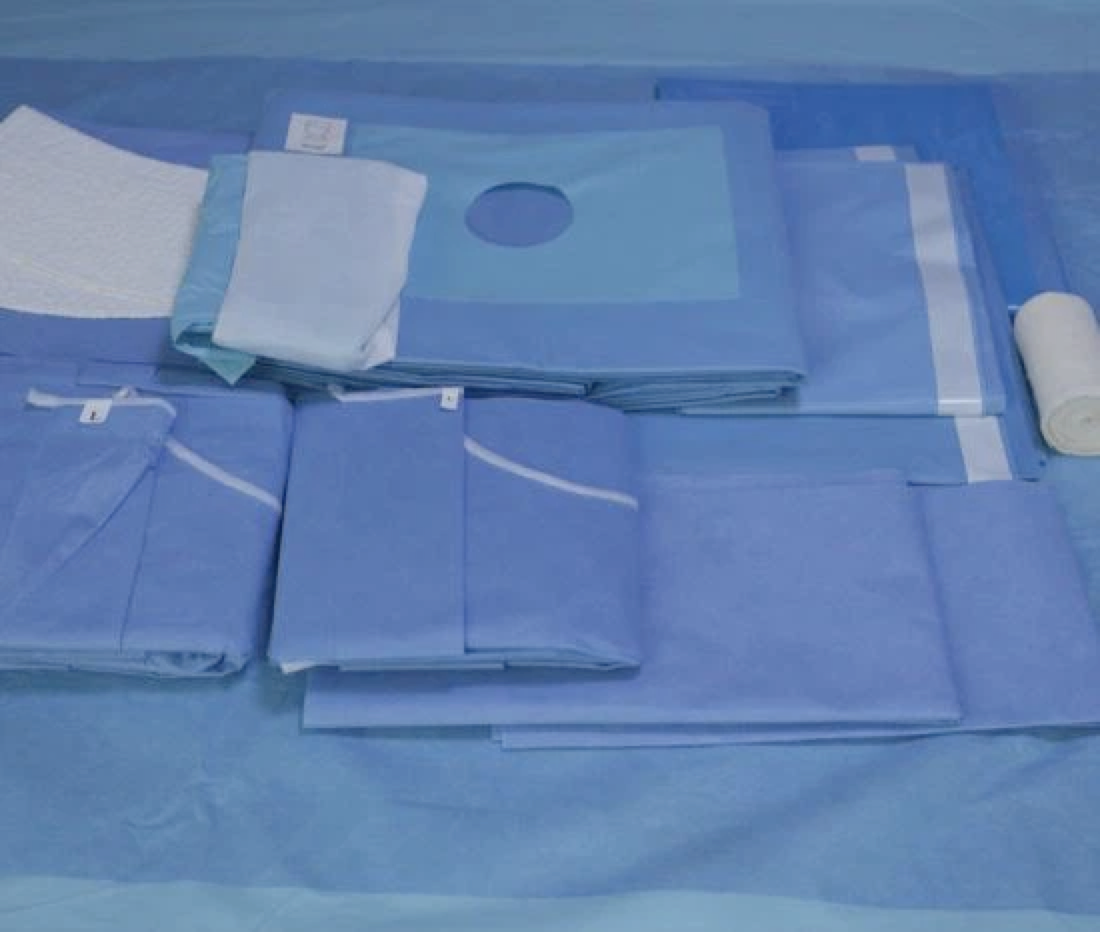Researchers at the University of Nebraska-Lincoln have discovered for the first time that some organisms use "viruses" as "food," according to Science and Technology Daily.
They found that two planktonic organisms - "Halteria" and "Paramecium" - can actively eat viruses and thrive on them. The results were published in the Proceedings of the National Academy of Sciences.
According to the report, since most organisms accidentally eat viruses, the researchers John had the idea to see if there are organisms that feed exclusively on viruses. "
(Viruses) consist of very good things: nucleic acids, lots of nitrogen and phosphorus," he said.
In their experiment, they collected pond water, some with chloroviruses that infect green algae, and some pond water as ordinary samples for control, to check the "relationship" of the food chain by fluorescent green dye labeled chlorovirus DNA.
The study found that Halteria showed significant growth within two days, with ciliate populations increasing about 15-fold in two days and chlorovirus levels decreasing more than 100-fold. In a control sample without chlorovirus, Halteria showed little difference from its initial state.





